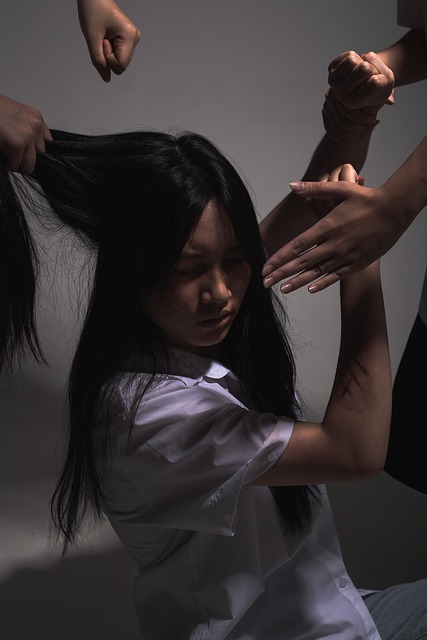Teen Challenge Abuse Victims face complex legal paths to justice. Compiling medical and abuse evidence, understanding local laws with a specialized lawyer, and accessing support groups, therapists, and legal aid organizations empowers victims to heal and seek accountability for their experiences within Teen Challenge programs.
“For survivors of abuse, seeking justice is a crucial step towards healing. If you or someone you know was victimized while participating in Teen Challenge programs, understanding your legal rights is essential. This article guides you through the process of filing claims against Teen Challenge, ensuring victims receive the support and accountability they deserve.
We’ll explore their legal obligations, provide a comprehensive filing process breakdown, and offer valuable resources for survivors, offering a roadmap to navigate this challenging yet necessary journey.”
- Understanding Teen Challenge's Legal Obligations
- Navigating the Filing Process Step-by-Step
- Support and Resources for Abuse Survivors
Understanding Teen Challenge's Legal Obligations

Teen Challenge, as an organization, has a legal obligation to protect its participants and ensure their well-being. When it comes to abuse victims, they have a duty to provide safe environments and support systems for those who have experienced harm while under their care. Understanding these legal obligations is crucial for both the organization and the victims seeking justice.
For Teen Challenge Abuse Victims, the first step is to recognize that there are legal avenues to seek redress. This includes filing claims or lawsuits if the abuse was severe or resulted in long-term trauma. It’s essential for victims to understand their rights and the specific laws that protect them from institutional abuse. Knowledge of these aspects empowers victims to take action and hold Teen Challenge accountable for any negligence or intentional harm.
Navigating the Filing Process Step-by-Step

Navigating the filing process for Teen Challenge abuse victims can seem daunting, but with the right steps, it becomes a powerful tool for justice and healing. First, victims should gather all relevant documentation, including medical records, therapy notes, and any evidence of the abuse. This step is crucial as these documents will serve as the backbone of their claim. Once prepared, individuals need to familiarize themselves with the legal framework surrounding Teen Challenge Abuse Victims. Understanding the specific laws and regulations in their area can help them identify the appropriate court or agency to file their claim.
Next, victims should contact a reputable legal professional experienced in handling such cases. A lawyer can provide invaluable guidance, ensuring the filing is done correctly and within the stipulated time frame. They will assist in drafting a detailed statement of the abuse, which includes dates, locations, and descriptions of the incidents. This step-by-step approach ensures that Teen Challenge abuse victims’ voices are heard and their rights protected throughout the legal process.
Support and Resources for Abuse Survivors

Many survivors of abuse within Teen Challenge programs seek support due to the unique challenges they face. The road to recovery can be complex, but various resources are available to assist Teen Challenge Abuse Victims. Support groups offer safe spaces for sharing experiences and building community with peers who understand their struggles. Therapists specializing in trauma and religious trauma can provide tailored counseling, helping victims process their experiences and develop healthy coping mechanisms.
Additionally, legal aid organizations advocate for the rights of abuse survivors, assisting them in navigating complex legal systems to file claims against responsible parties. These resources aim to empower victims, offering them a chance to regain control and seek justice. Remember, healing is possible with access to the right support.
For survivors of abuse within Teen Challenge programs, understanding legal options is a vital step towards healing. By navigating the filing process, as outlined in this article, victims can take action and seek justice. Remember that support resources are available to assist teens challenge abuse survivors every step of the way, ensuring they have the strength to pursue their rights and access the compensation they deserve for their suffering.
